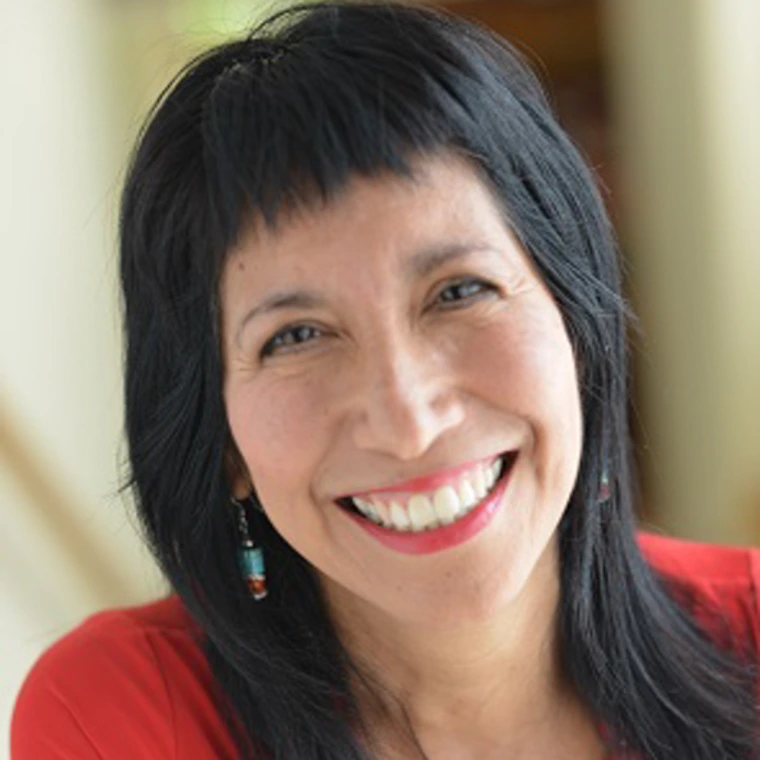Patrisia Gonzales

Faculty Fellow 2018-2020
Patrisia Gonzales braids research, teaching, and service that addresses how Indigenous knowledge systems are more resilient than colonization: in Indigenous and ecological healing systems among American Indians and Indigenous peoples. This has led her to explore how elders represent dimensions of Indigenous knowledge that evolved from sacred ecologies and the role of language in Indigenous knowledge systems. She is internationally recognized for her expertise in Indigenous medicine and is the author of Red Medicine: Traditional Indigenous Rites of Birthing and Healing and Traditional Indian Medicine: American Indian Wellness. A former nationally syndicated columnist who won human rights awards for her writings, she has documented social justice issues across the Americas.
As a Udall Fellow, she worked on Indigenous language policy for the Kickapoo Traditional Tribe of Texas. She is a former Kellogg Fellow and has served as an advisor to numerous Indigenous organizations, including the Alianza Indigena Sin Fronteras (Indigenous Alliance without Borders.) As a Haury Faculty Fellow, she will apply her expertise in Indigenous knowledge systems toward Indigenous alliances and networks among peoples impacted by the U.S.-Mexico border through connecting Indigenous youth in an applied knowledge project with the Alianza, which is a leading advocacy group on Indigenous perspectives related to border policies.
Current work as the Haury Faculty Fellow
“The Faculty Fellowship will support my efforts to foster networks across Indigenous communities and between youth and elders in an education program that links youth with elders in Indigenous social justice projects that include the environment as community. As part of this mentorship and co-exploration of knowledge, UA Indigenous students will be connected to Indigenous rights activists to assist Alianza elders in creating engaged public scholarship and awareness of Indigenous rights regarding migration, mobility, and militarized borderlands, and the potential impact on Indigenous knowledge.
I will co-explore with students the hemispheric migration trends toward Indigenous peoples crossing into the Sonora-Tucson corridor from Mexico and Central America and its implications for Indigenous knowledges/peoples. As part of my fellowship, I will work with students as co-creators in various projects, ranging from digital stories, designing community assessments, analyzing the existing research on relevant topics, and mapping publically known endangered sites".
